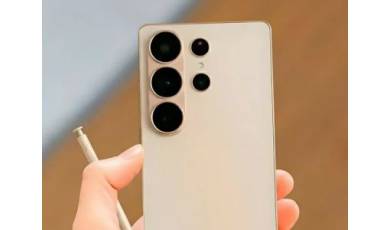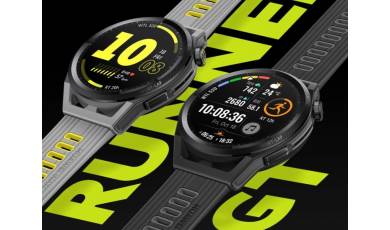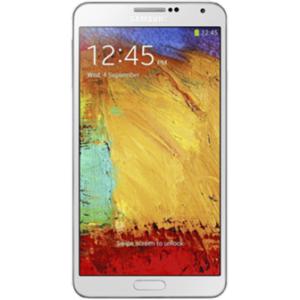Flash firmware on Samsung Galaxy Note 3 Lite
Mobiles >> Samsung >> Samsung Galaxy Note 3 Lite| Specifications | Reviews | Secret codes |
| Unlock phone | Root phone | Bypass FRP |
| Backup | Flash Firmware | Screenshot |
How to flash Samsung Galaxy Note 3 Lite?
Why reinstall the firmware?
Errors in the Android OS start to appear regularly.
Apps won't open.
Some programs from the Play Market do not start.
The phone restarts or shuts down randomly.
The phone is slow.
You want to update the firmware, as it does not suit you in terms of functionality.
Where can I find the firmware?
On the website of your phone manufacturer.
On specialized resources where users post custom or official OS.
What should be done before installing the firmware?
Create a backup copy of user data, contacts and photos and transfer it to your computer.
Insert an SD card into your phone to write the firmware to it.
Find information about your smartphone model.
Fully charge your device. If the battery runs out during the firmware, the device will no longer turn on.
Find and download the archive with Firmware. Place it on the SD card.
Installing TWRP Recovery
Install the Official TWRP App from the Play Store on your phone.
When you start the application for the first time, you must consent to future manipulations, as well as consent to granting the application Superuser rights. Check the checkboxes and press the 'OK' button.
On the next screen, you need to select the 'TWRP FLASH' item and give the application root-rights.
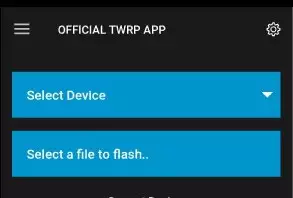
On the main screen of the application, click 'Select Device', and find your phone model.
After selecting the phone, the program will redirect the user to a web page to download the corresponding image file of the modified recovery environment. Download the proposed *.img file.
After downloading the image file, go to the main screen of the Official TWRP App and press the 'Select a file to flash' button. Select the file downloaded in the previous step.
Press the 'FLASH TO RECOVERY' button and confirm your choice.
After the burn process is complete, the message 'Flash Completed Succsessfuly!' appears. Click 'OK'. The TWRP installation procedure can be considered complete..
Copy the required files to the SD card. Using a PC or laptop card reader, it will be much faster.
Insert a memory card into your phone.
To reboot into recovery, you need to enter the menu accessible by pressing the button with three stripes in the upper left corner of the main screen of the application. Select the 'Reboot' item, and then click on the 'REBOOT RECOVERY' button. The phone will reboot into the recovery environment automatically..
Firmware via TWRP
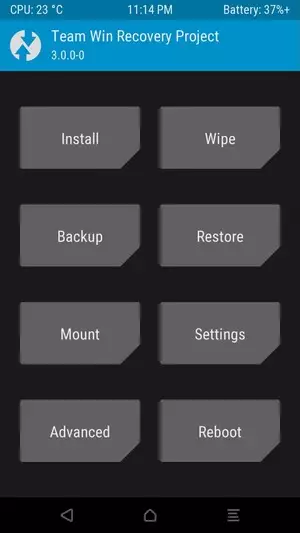
Before flashing, you need to clear the 'Cache' and 'Data' sections, press 'WIPE' on the main screen. You will delete all user data from the phone, this will avoid software errors and other problems.
Now you can start flashing. Click the 'Install' button.
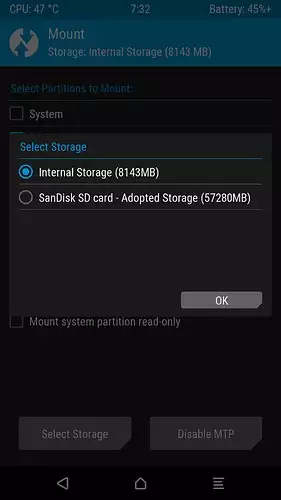
On the file selection screen, at the very top there is a 'Storage' button for selecting an SD card.
Select the location where you copied the files..
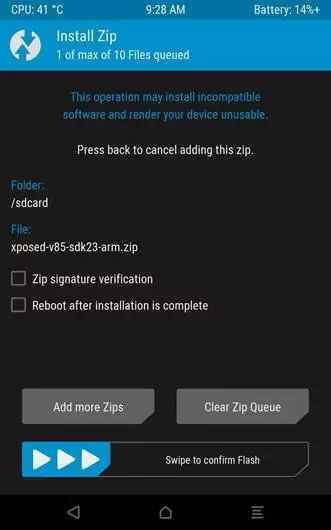
Select the firmware file and click on it. A screen opens with a warning about possible negative consequences, you need to check the item 'Zip signature verification', which will avoid using corrupted files when writing to the phone's memory sections.
The procedure for writing files to the phone's memory will begin, this is accompanied by the appearance of inscriptions in the log field and the movement of the progress bar.
When the procedure for installing the firmware is completed, the message 'Successful' appears on the screen.
Summary: Operating system: Android 4.3; OS vendor: Google; Type: Mobile phone; Shape: Slate; Height: 148.4 mm; Length: 77.4 mm; Width: 8.6 mm; Weight: 162 g; Main Camera: 8.0 MP, 2448 x 3264 pixel; Front Camera: 2.0 MP; Screen Size: 5.5"; CPU: Samsung Exynos 5 Hexa 5260; Internal memory: Max: 16.0 Gb, RAM: 2.0 Gb; External memory: microSD card (microSD), Max: 64 Gb; GPS: Yes; SIM: Micro-SIM; Communication: WLAN, Bluetooth, NFC, 4G, 3G, 2G; Bluetooth: 4.0; NFC: Yes; 4G: LTE; HSDPA: Yes; HSPA: Yes; HSPA+: Yes; HSUPA: Yes; UMTS: Yes; WCDMA: Yes; EDGE: Yes; GPRS: Yes; WLAN: 802.11a, 802.11ac, 802.11b, 802.11g, 802.11n; GSM standby time: -; GSM talk time: -; UMTS sta ...
Comments, questions and answers on the flash firmware Samsung Galaxy Note 3 Lite
Ask a question about Samsung Galaxy Note 3 Lite

